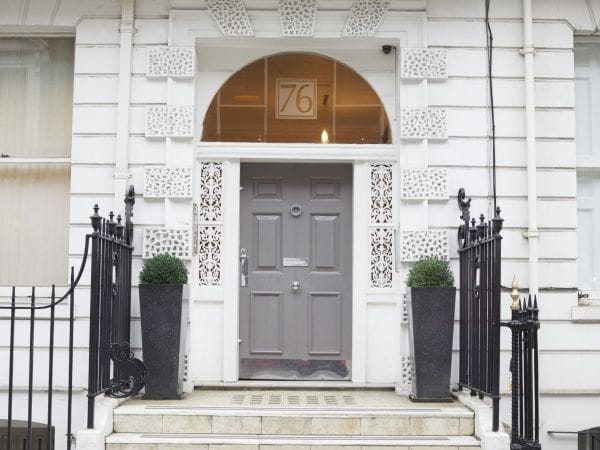 If your normal breathing is interrupted during sleep by a narrowing airway, you may have obstructive sleep apnoea (OSA).
If your normal breathing is interrupted during sleep by a narrowing airway, you may have obstructive sleep apnoea (OSA).
A relatively common condition affecting an estimated 2% of middle-aged women and 4% of middle-aged men in the UK, OSA occurs when the soft tissues and muscles in the throat relax and collapse, causing a total blockage of the airway. The brain, responding to the lack of oxygen, pulls you out of a deep sleep, reopening the airway and allowing normal respiration to recommence. This will happen repeatedly throughout the night.
How do I know I have sleep apnoea?
Obstructive sleep apnoea often goes undiagnosed as it is quite possible to have it without noticing. Some people will feel very tired during the day as they endure interrupted sleep at night – although they may be oblivious to it. One of the principal symptoms is snoring, gasping and snorting. Your GP is a good place to start if you think you have OSA.
What can be done about sleep apnoea?
At our specialist dental practice in central London we offer treatment for sleep disorders – something which surprises many people. After all, what does sleep have to do with dentistry?
Dental appliances can improve the ability to breathe by preventing the lower jaw from falling backwards during sleep. They hold the tongue forwards, preventing the collapse of the soft palate. The upper airway space is thereby increased, allowing the maintenance of normal breathing.
During your snoring and sleep apnoea consultation at our specialist dental practice, London-based sleep disorder expert Dr Aditi Desai will conduct a thorough examination and screening; this may also involve evaluating your sleep cycle through overnight monitoring. She can then recommend and fit a dental appliance designed to help you breathe freely during sleep.
In 90% of cases the result is a better night’s sleep – a deep and soundless one – for both you and your partner.


